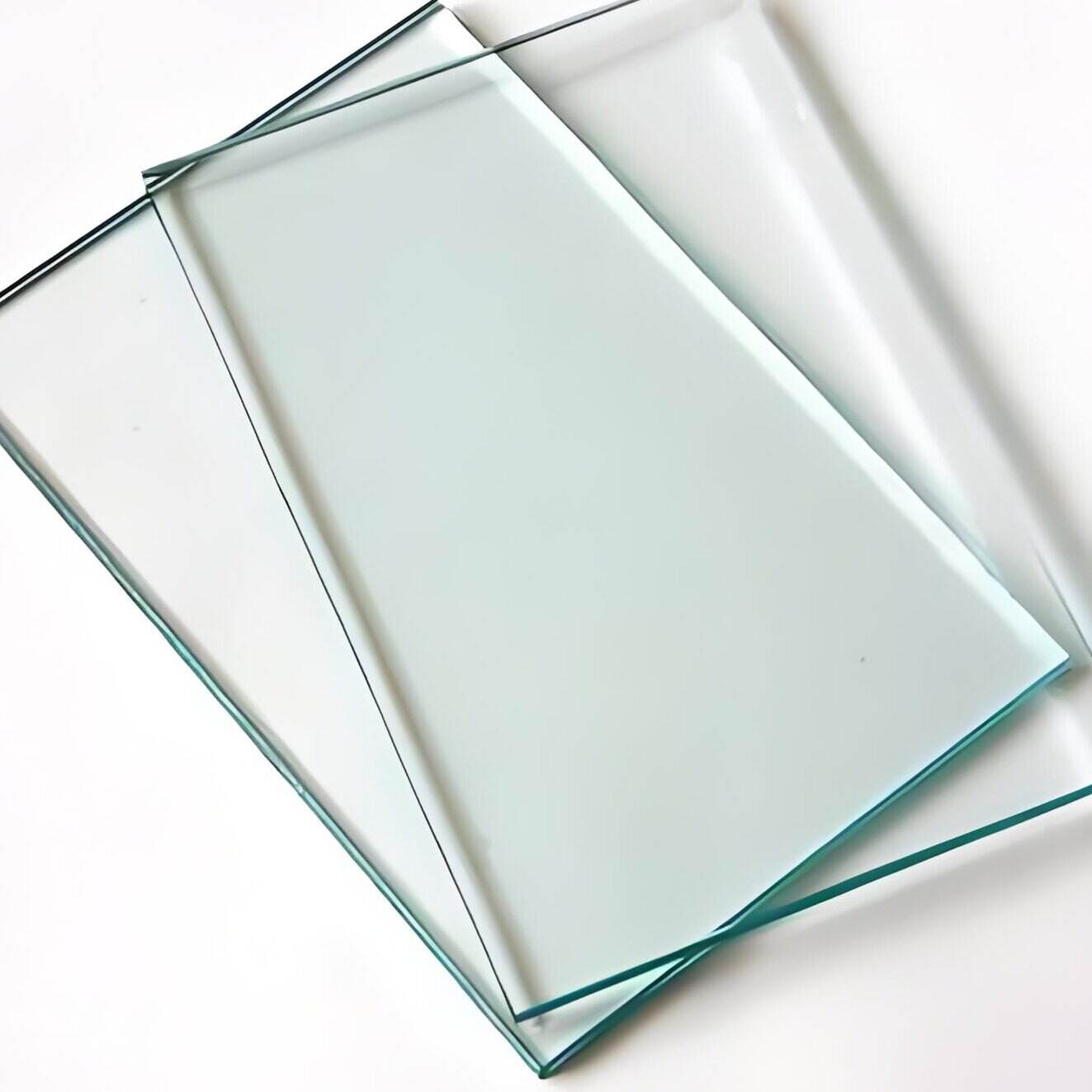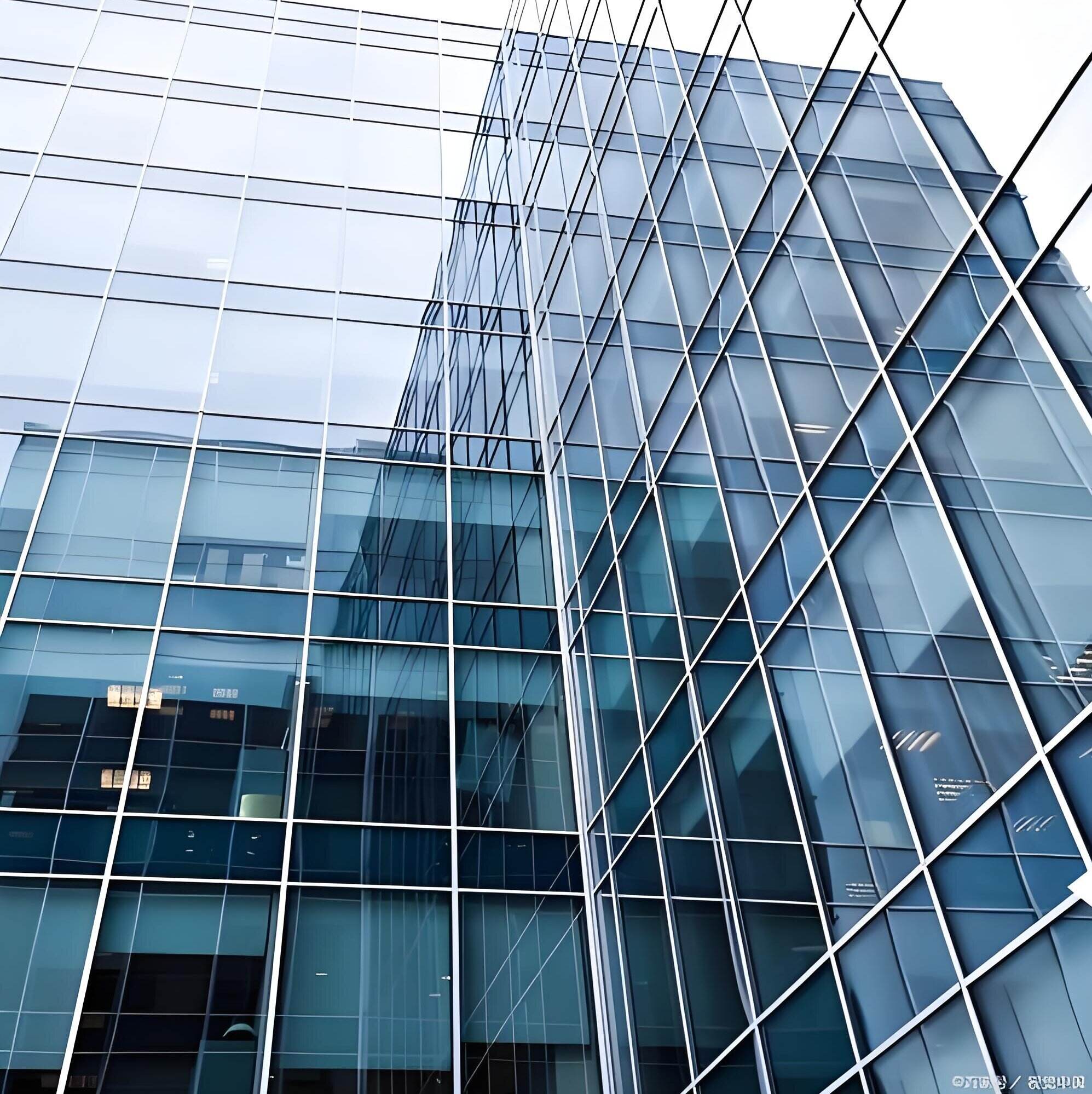low iron glass suppliers
Low iron glass suppliers play a crucial role in providing high-quality, ultra-clear glass solutions for various applications across industries. These specialized suppliers manufacture and distribute glass with significantly reduced iron content, typically containing less than 0.01% iron oxide, compared to standard glass which contains about 0.1%. This reduction in iron content results in exceptional clarity and superior light transmission properties, making it ideal for solar panels, architectural applications, and display cases. The suppliers utilize advanced manufacturing processes and strict quality control measures to ensure consistent product quality. They offer various thickness options, customized dimensions, and different surface treatments to meet specific project requirements. Modern low iron glass suppliers employ cutting-edge technology for processing, including automated cutting systems, tempering facilities, and lamination capabilities. These suppliers also provide technical support, helping customers select the most appropriate glass specifications for their applications. Their expertise extends to providing solutions for both commercial and residential projects, offering products that meet international safety standards and environmental regulations. The comprehensive service typically includes consultation, sampling, quality assurance, and logistics support, ensuring a seamless supply chain from manufacturing to delivery.


